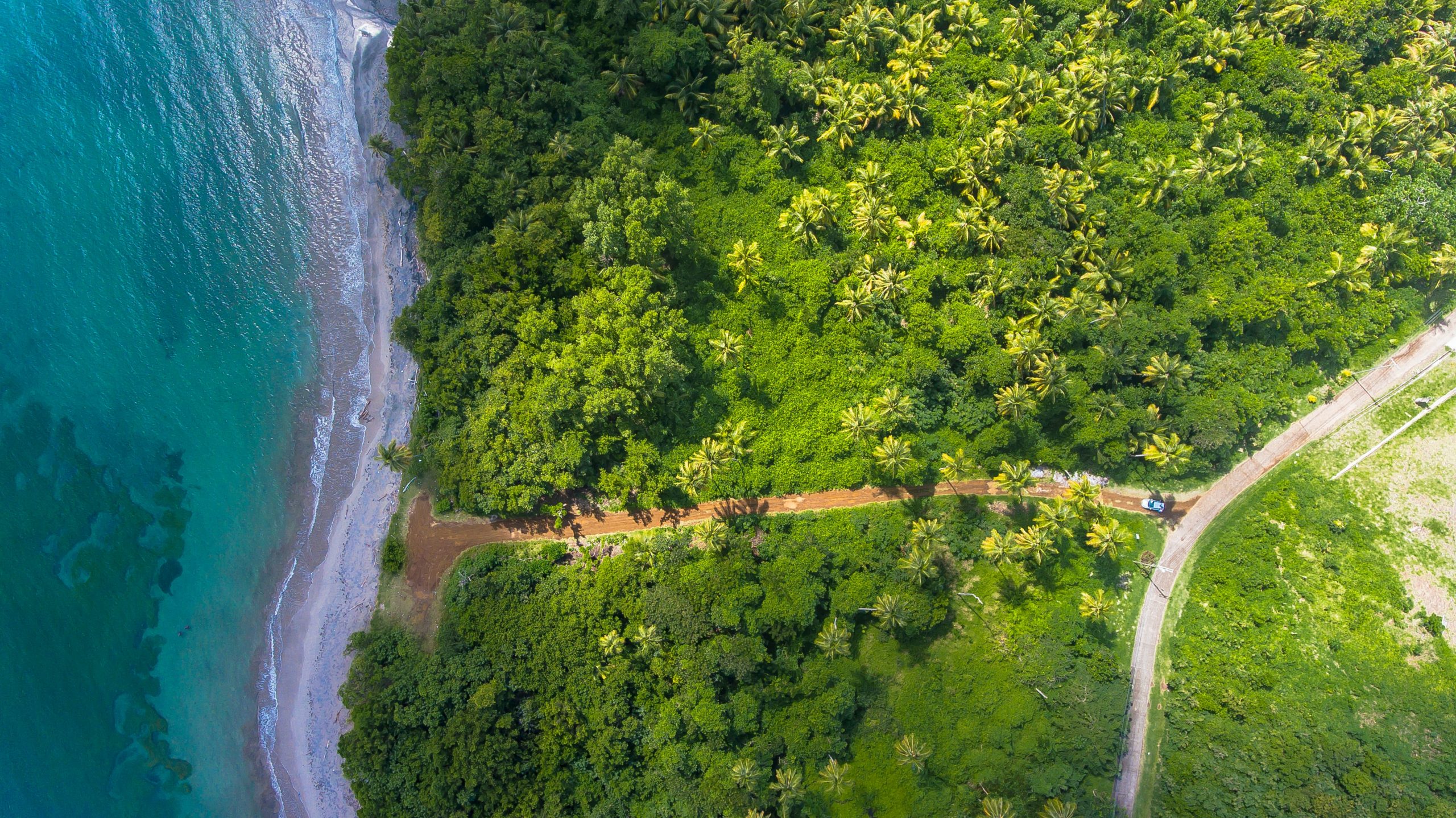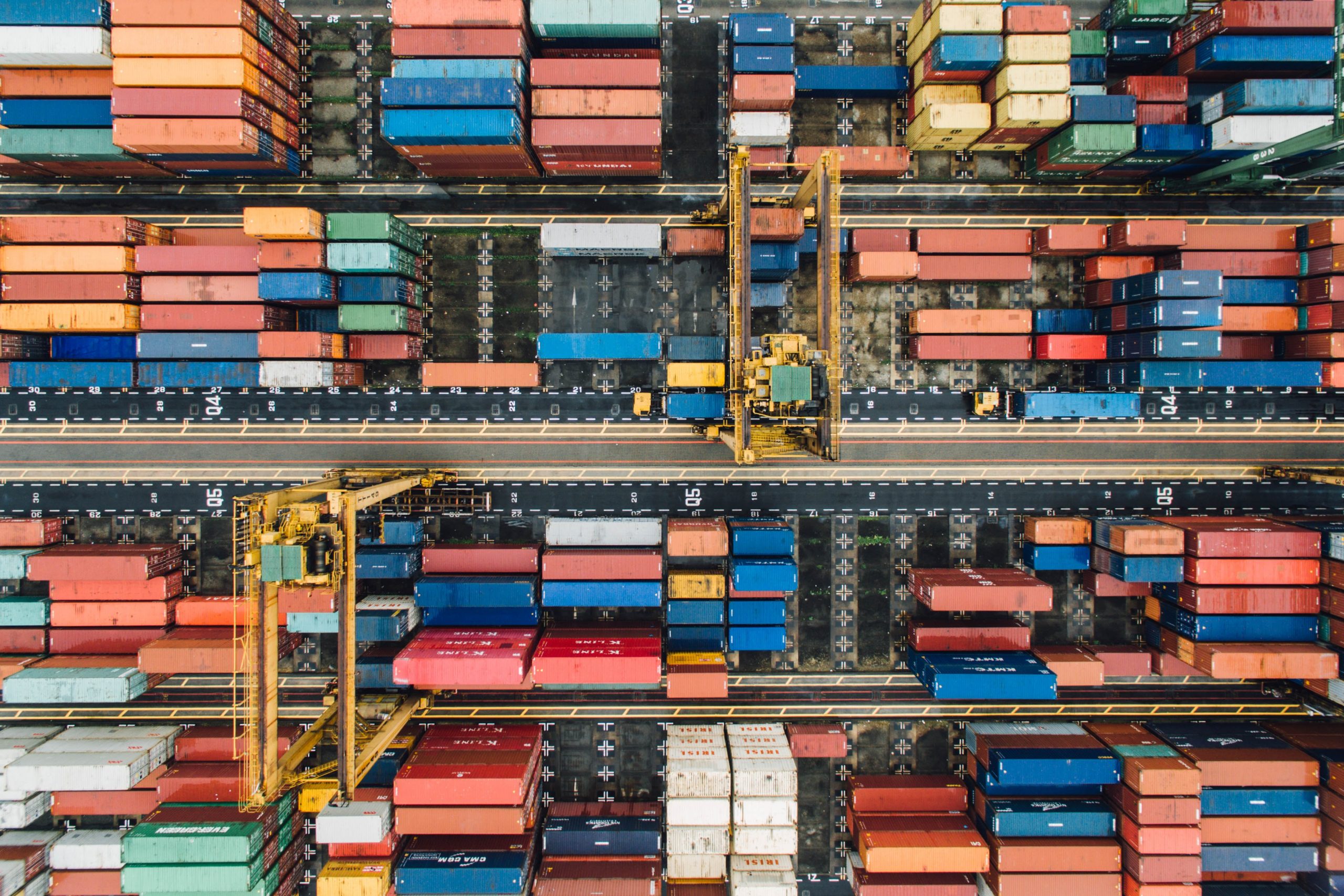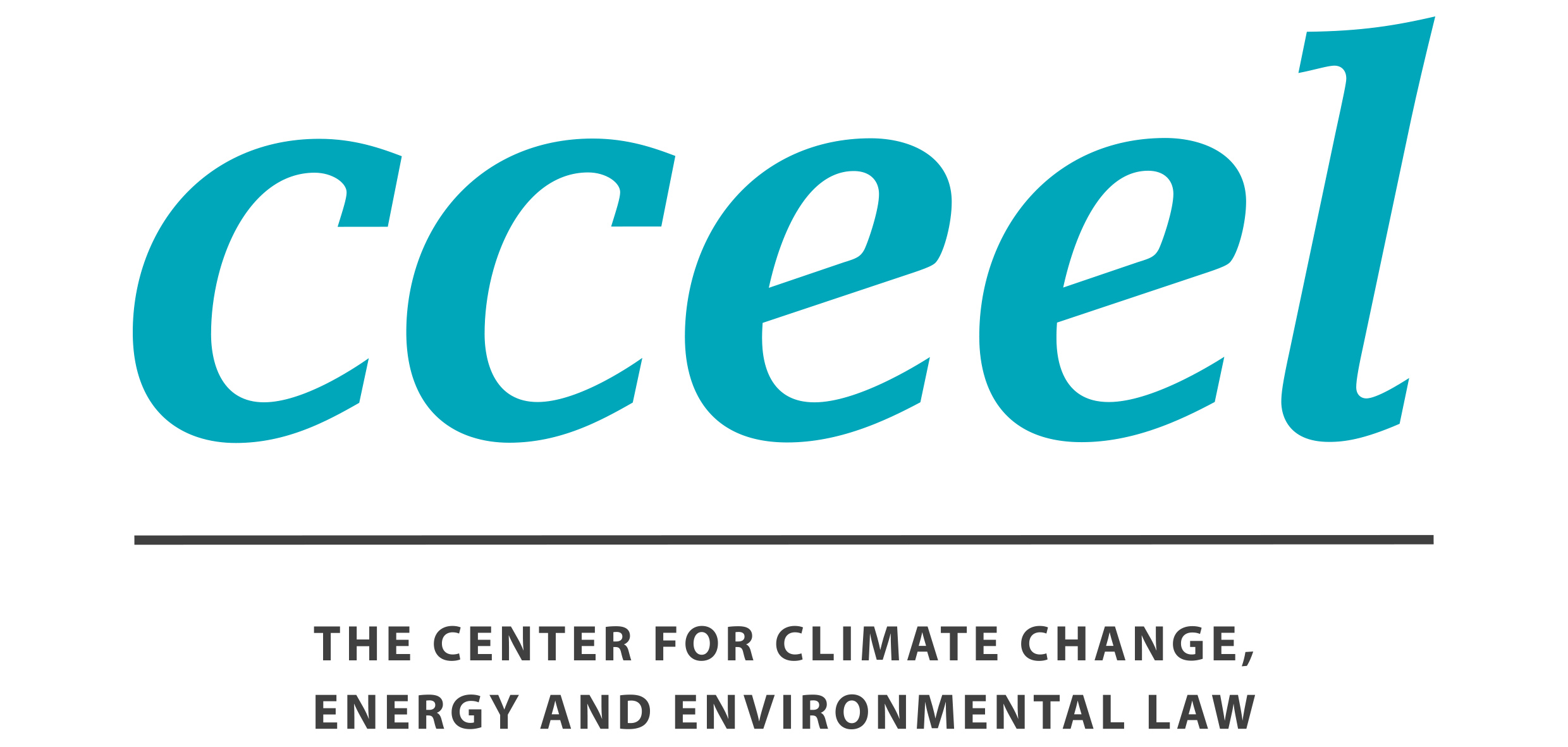
Doughnut law – Environmental law for the anthropocene?
Niko Soininen. Niko Soininen currently works as a Postdoctoral Researcher in Ocean Governance Law at University of Gothenburg and Senior Lecturer in Environmental law and Jurisprudence at UEF Law School/CCEEL. In the fall of 2018, Soininen will start as an Assistant Professor (sustainable law, governance and regulation) at University of Helsinki. Photo by Anastasiia Chepinska […]

Boosting the EU’s circular economy plans by addressing links between chemicals, products and waste legislation
Topi Turunen. Topi Turunen is a PhD researcher in environmental law at CCEEL / UEF Law School and a Researcher at the Finnish Environment Institute. Photo by Fulvio Ciccolo on Unsplash. The European Union (EU) is seeking to make the European economy more sustainable through its Circular Economy Action Plan. The interface between chemical, products […]

The role of law in securing resilience of water, energy and food systems
Kaisa Huhta, Antti Belinskij and Niko Soininen. Photo by Hugh Whyte on Unsplash. Climate change, population growth and economic and technological development are significant challenges for natural resources management. Governing limited resources requires that the interlinkages between natural resource sectors are adequately acknowledged and addressed. Such interlinkages are particularly clear between the water, energy and food sectors. […]

Why multilateralism matters?
Moritz Wüstenberg Junior Researcher, Energy Law. Photo by CHUTTERSNAP on Unsplash. Liberal trade has faced growing resentment from several directions in recent years. The decision by the United Kingdom to withdraw from the European Union following a 2016 referendum has affected both businesses and individuals. On the other side of the Atlantic, the 2016 election of […]

Is Glyphosate safe? We have the right to know
Emilia Korkea-aho and Päivi Leino. Korkea-Aho is Associate Professor of European Law and Legislative Studies (1.1.2018 onwards) and Leino is Professor of International and European Law at UEF Law School. Photo by Sangga Rima Roman Selia on Unsplash. In November 2017, after a great deal of political maneuvering, the EU Member States decided to extend authorization […]
The Bonn Climate Conference 2017- Progress on the implementation of the Paris Agreement and higher ambition?
Kati Kulovesi, Professor of International Law & Co-Director of the Centre for Climate, Energy and Environmental Law. The latest round of United Nations climate negotiations concluded on 18 November 2017 in Bonn, Germany. What is the state of international climate policy after the meeting and what lies ahead for 2018 and beyond? The negotiations in Bonn were […]
Time for a holistic approach to climate change and air pollution in international law
Dr Yulia Yamineva, Yamineva works as a senior researcher at CCEEL. The urgent challenges of climate change and air pollution could benefit from more integrated consideration under international law. As this blog post explains, climate change and air pollution are currently mostly addressed through separate international legal instruments and regimes. The blog post therefore identifies […]

Controversy over EU’s LULUCF accounting rules
Seita Romppanen, Romppanen works at the UEF Law School as a Senior Lecturer in International Environmental Law. Photo by Sebastian Unrau on Unsplash. In July 2016, the European Commission issued a legislative proposal on how to include the land use, land-use change and forestry (LULUCF) sector in the EU’s climate and energy framework for the 2021-2030 period. […]
Ecological futurists at work- Moving forward on global ocean governance
Dr. Sabaa A. Khan, Postdoctoral Researcher. The UN Ocean Conference took place from 5 to 9 June 2017 at the UN Headquaters in New York. The historic Conference closed just a few weeks prior to the fourth session of the Preparatory Committee established by UN General Assembly Resolution 69/292 on development of a new legally-binding instrument […]
More time for an energy revolution? Seizing the opportunity to slow down climate change by cutting emissions of short-lived climate pollutants
Kati Kulovesi, Yulia Yamineva and Veera Jerkku. There is an important ‘ambition gap’ between the climate change mitigation policies pledged by countries in context of the Paris Agreement and those needed to avoid dangerous climate change. Discussions on ways to step up climate change mitigation efforts commonly focus on ways to reduce carbon dioxide (CO2) emissions. These indeed […]
